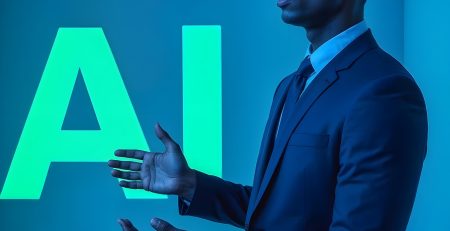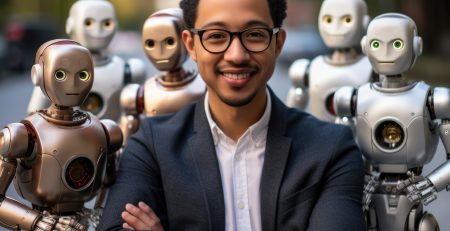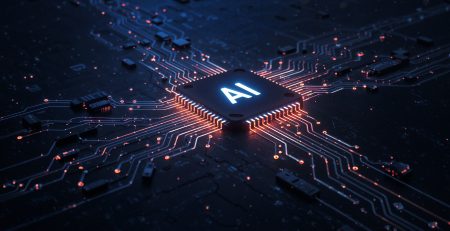Humans + AI = The Workforce of Tomorrow
The AI-Enabled Workforce: Redefining Skills and Roles in the Next Decade
Introduction
Artificial Intelligence (AI) is no longer a futuristic concept; it has become a defining force in reshaping how organizations operate, innovate, and compete. As AI continues to evolve, its most profound impact is on the workforce itself. Beyond automating repetitive tasks, AI is enabling entirely new roles, reshaping existing ones, and redefining the skills employees must cultivate to remain competitive in a rapidly transforming economy.
This article explores how AI is redefining workforce dynamics, the skills needed for the future, and how organizations can strategically adapt to build an AI-enabled workforce that thrives in the next decade.
The Shifting Role of AI in the Workplace
AI adoption is expanding across industries. McKinsey projects that by 2030, AI could add up to $13 trillion to the global economy, largely through productivity gains. Unlike earlier technological revolutions that primarily replaced manual labor, AI blends human intelligence with machine capability, enabling workers to focus on higher-value, strategic tasks.
Examples include:
-
Finance: AI-powered tools are automating risk analysis, fraud detection, and portfolio management.
-
Healthcare: AI assists with diagnostics, predictive modeling, and patient personalization.
-
Retail: Algorithms drive hyper-personalized customer experiences, from recommendation engines to demand forecasting.
-
Manufacturing: Predictive maintenance and smart robotics are reducing downtime and increasing efficiency.
The future workforce will not compete with AI but collaborate with it—unlocking creativity, strategy, and innovation.
Skills for the AI-Enabled Workforce
The rise of AI demands a reorientation of workforce skills. Organizations must look beyond traditional technical expertise and invest in hybrid skillsets that blend technology fluency with human-centric capabilities.
Key skills include:
-
AI Literacy: Understanding the basics of AI, including data science, machine learning principles, and ethical considerations.
-
Digital Agility: Ability to adapt to new tools, platforms, and processes as AI technologies evolve.
-
Human-Centric Skills: Creativity, emotional intelligence, collaboration, and critical thinking—areas where humans maintain an advantage over machines.
-
Data-Driven Decision Making: Comfort with interpreting analytics and using insights to guide strategic choices.
-
Ethical and Responsible Leadership: Ensuring AI deployment aligns with transparency, fairness, and trust.
Redefining Roles in the AI Era
The AI-enabled workplace will see a mix of role transformation and creation:
-
Role Transformation: Traditional jobs are evolving. For example, HR professionals are shifting from manual administrative tasks to AI-assisted talent management, focusing more on culture and engagement.
-
New Roles: Emerging roles include AI Trainers, Ethics Officers, Automation Specialists, and Human-Machine Interaction Designers—positions that did not exist a decade ago.
-
Blended Roles: Jobs will increasingly combine domain expertise with AI capability, such as AI-driven marketing strategists or data-informed healthcare practitioners.
Organizational Strategies for Building the AI-Enabled Workforce
To prepare for the next decade, organizations must:
-
Invest in Reskilling and Upskilling: Continuous learning programs to bridge the AI knowledge gap.
-
Foster a Culture of Innovation: Encouraging employees to experiment with AI tools in problem-solving.
-
Build Human-AI Collaboration Frameworks: Redefining workflows to integrate machine intelligence seamlessly with human judgment.
-
Prioritize Responsible AI Practices: Establishing clear ethical guidelines to maintain trust.
-
Adopt Agile Workforce Models: Enabling cross-functional collaboration and flexible career paths that align with emerging needs.
Conclusion
The AI-enabled workforce represents more than a technological shift—it is a redefinition of how people work, learn, and grow. Success in this new era will belong to organizations that treat AI not as a replacement for human capability but as a powerful collaborator. By investing in skills, fostering innovation, and designing future-ready roles, businesses can unlock not only competitive advantage but also a more empowered and resilient workforce.










Leave a Reply